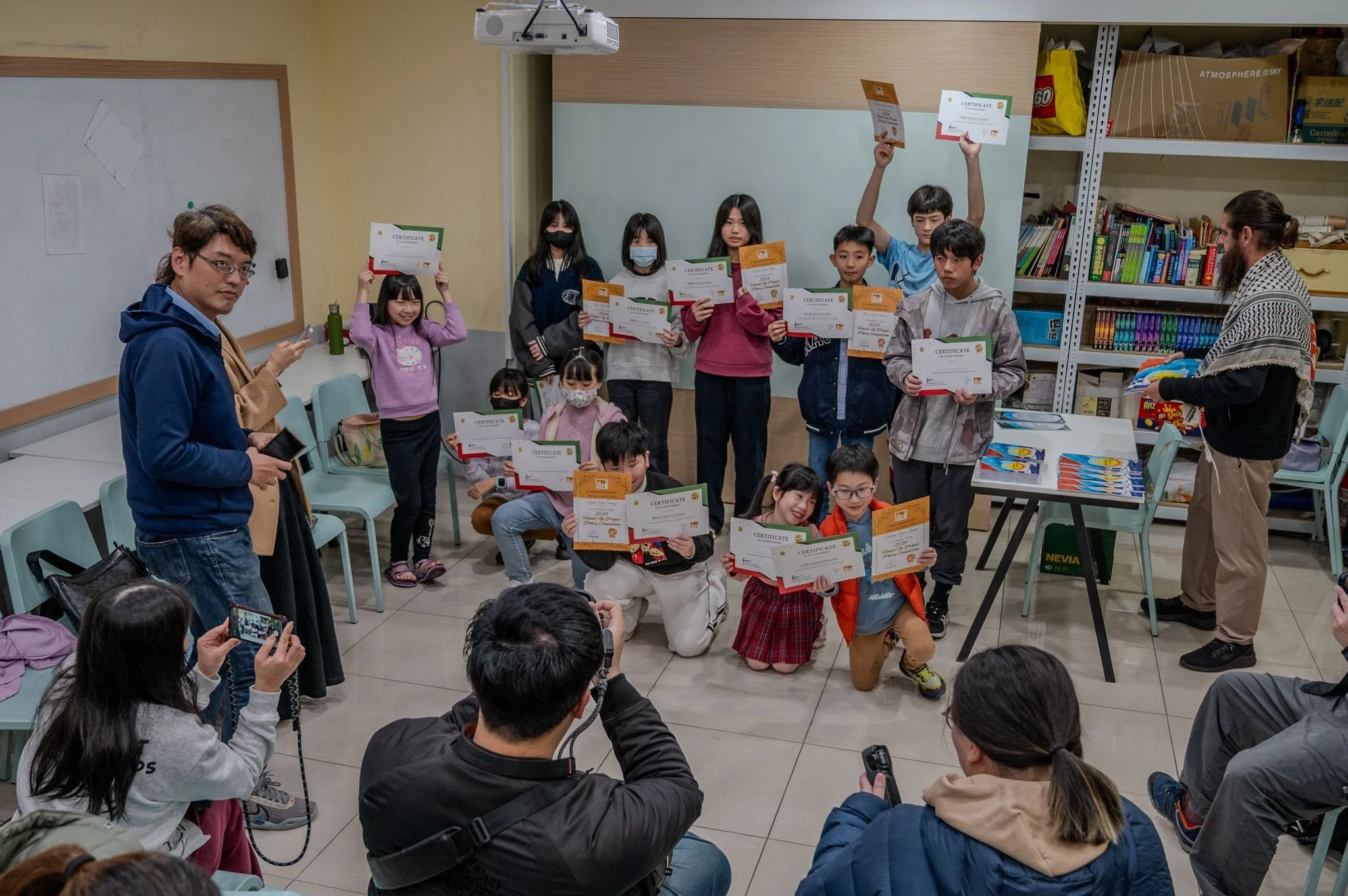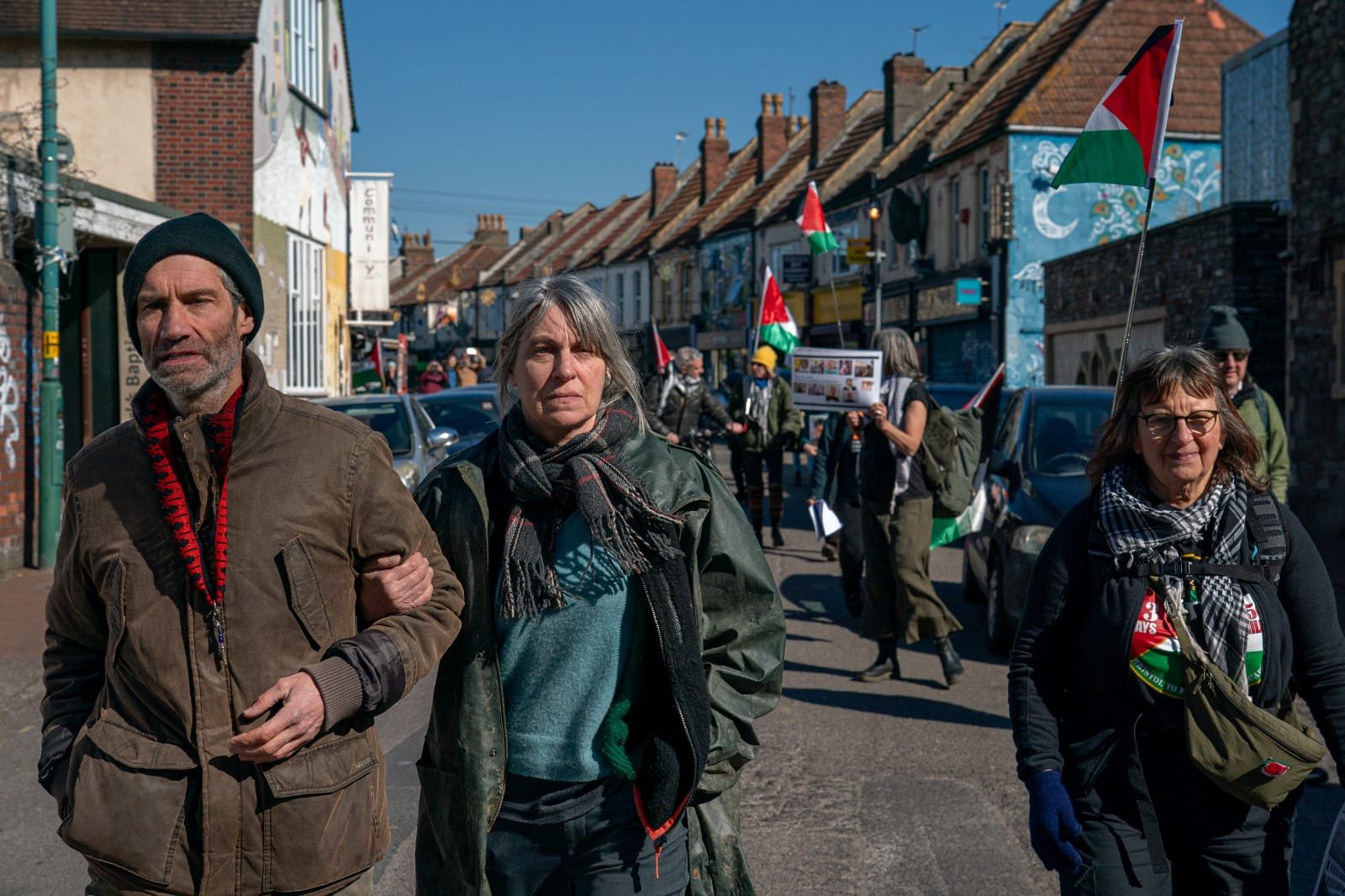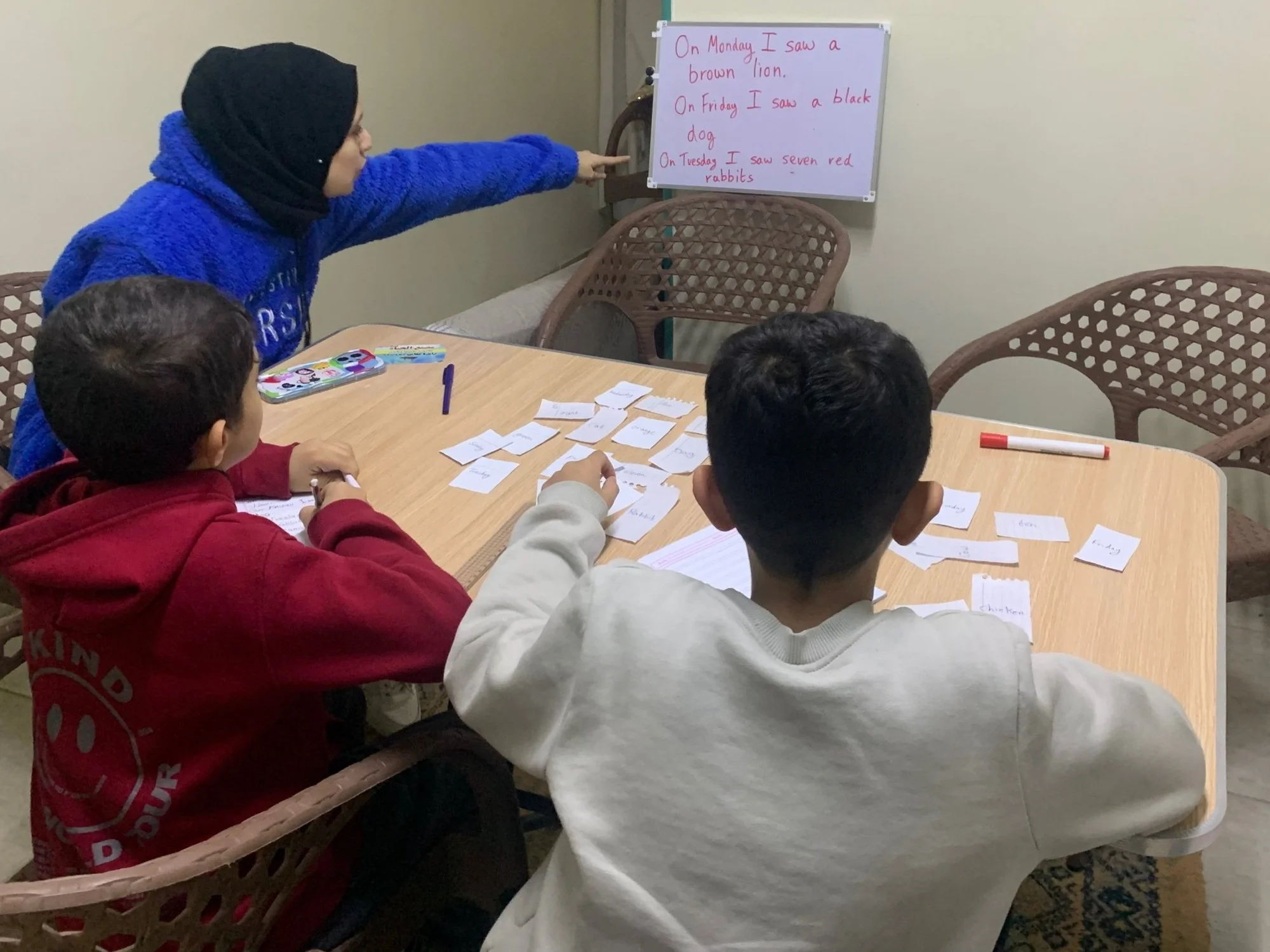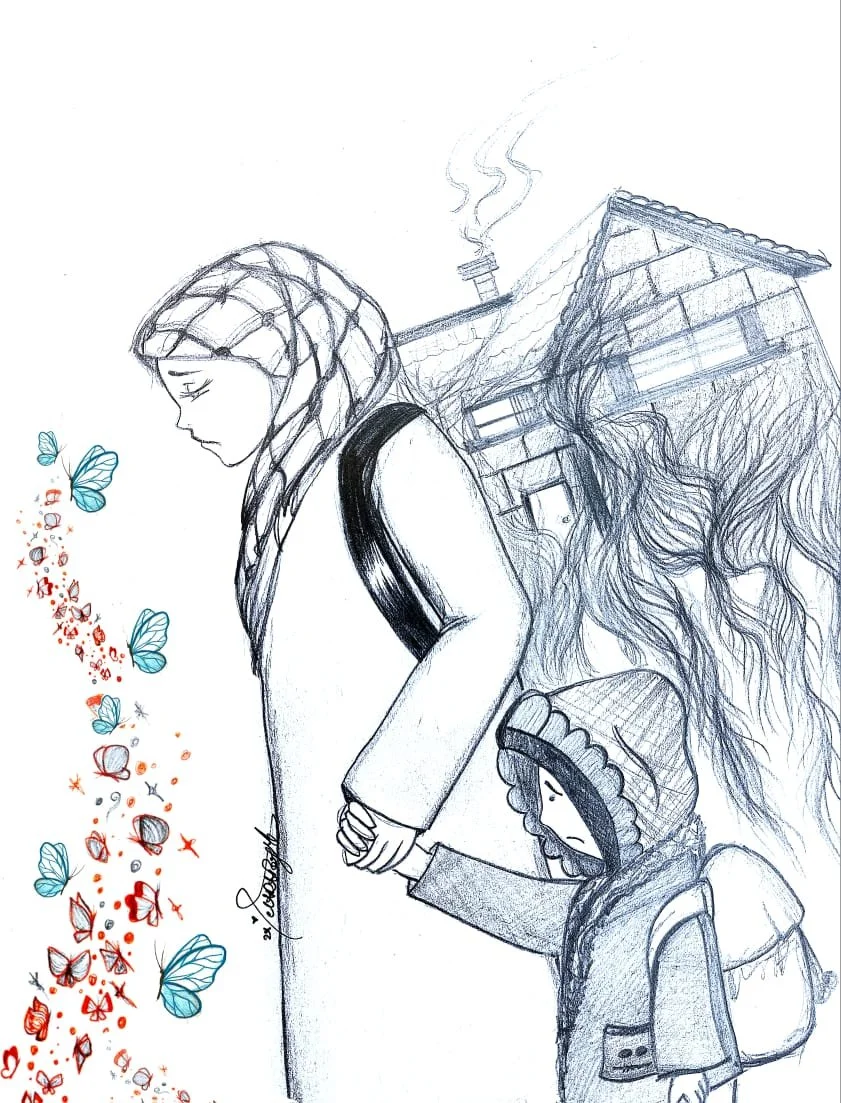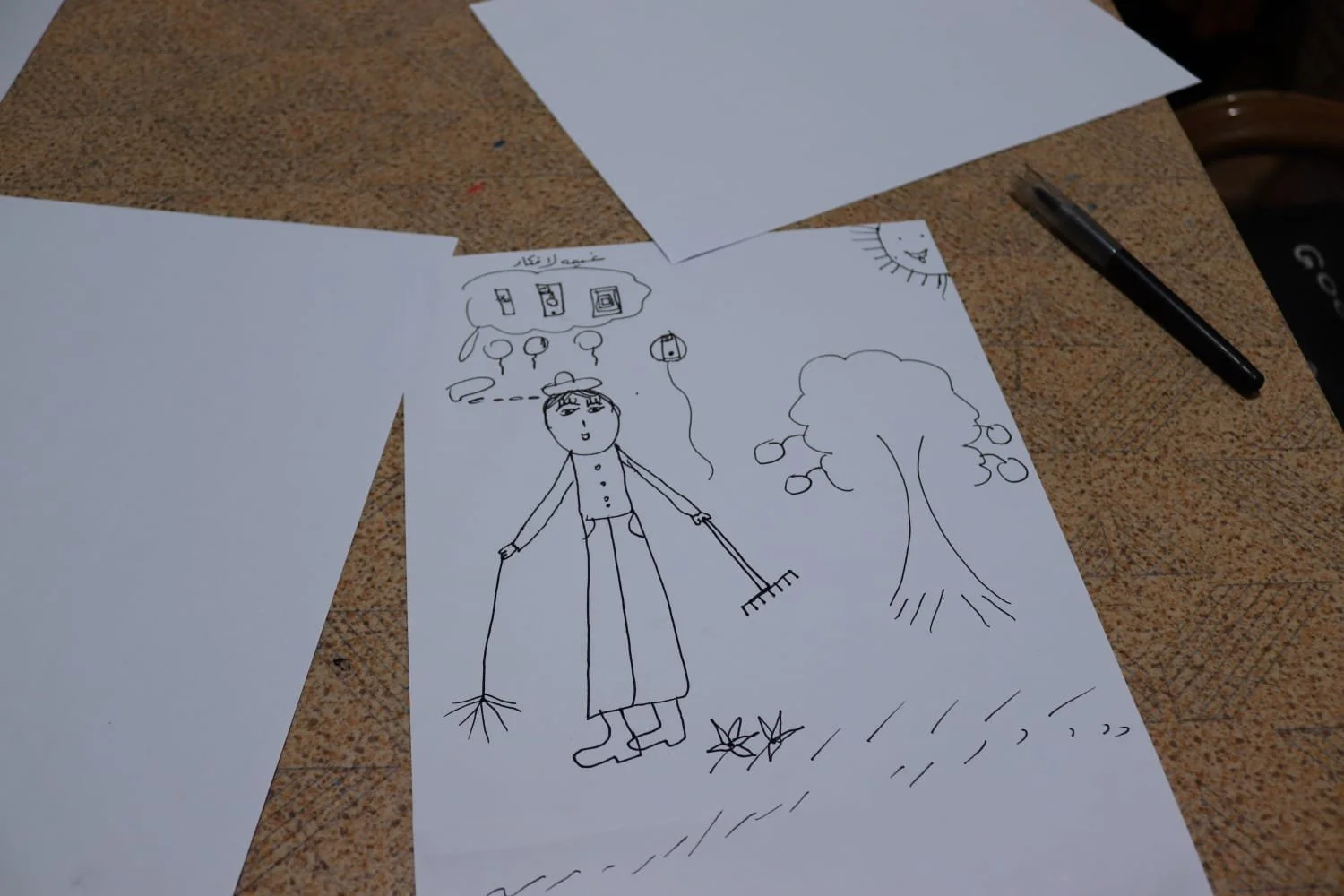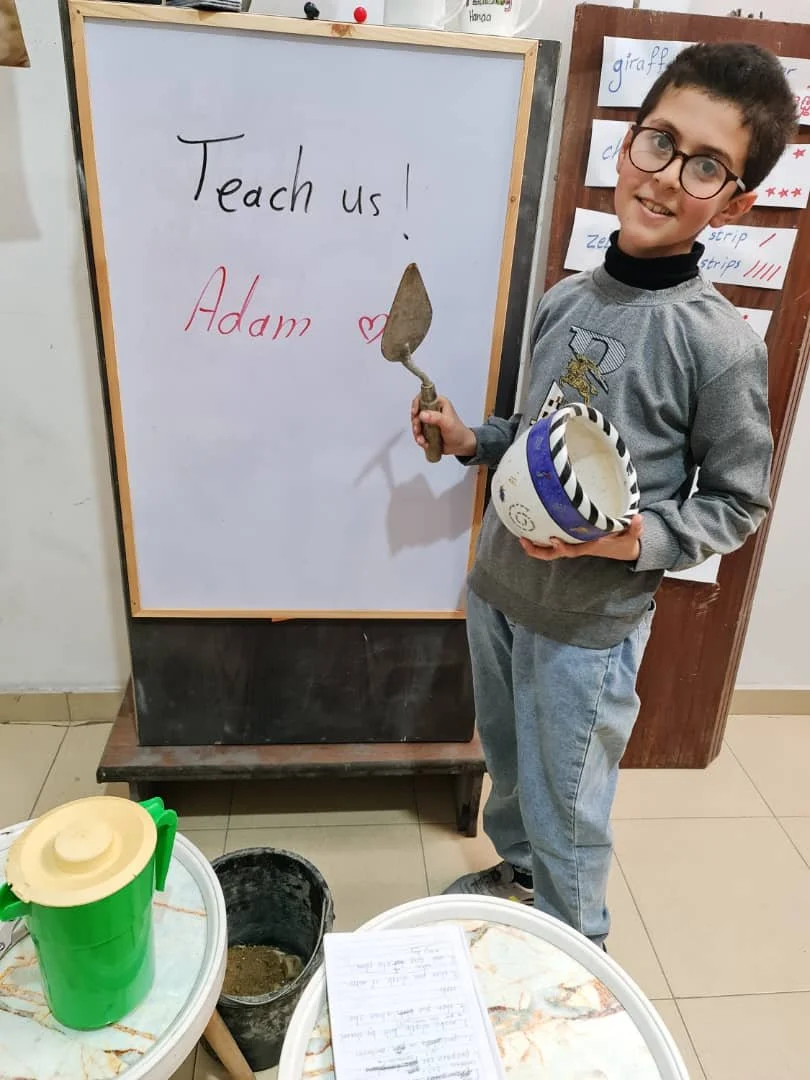Building Bridges with Words: Our Inspiring Partnership with the Hands Up Project
At Inspired Kids and Inspired CPD, we believe in the power of connection and the transformative potential of creative expression. For us, it isn’t just about learning English. That's why our partnership with the Hands Up Project has been such a rewarding journey, enriching the lives of our students in Taiwan in profound ways.
Our collaboration has blossomed into a vibrant exchange of creativity and understanding. From the heartfelt poems penned by our students in "Together on Golden Sands" to the engaging remote theatre and poetry sessions that some of them took part in, as well as the dynamic drama-infused summer and winter camps, our collaboration has opened up new worlds for our young learners.
Therefore, "Together on Golden Sands" is more than just ink on paper; it's a testament to the bridges built through language and imagination. Within its pages, the voices of young Taiwanese children resonate, demonstrating the incredible capacity of foreign language learning to foster a genuine connection with the wider world. These poems offer a unique window into experiences far removed from their own, nurturing empathy and a deeper understanding of different perspectives.
Read More
